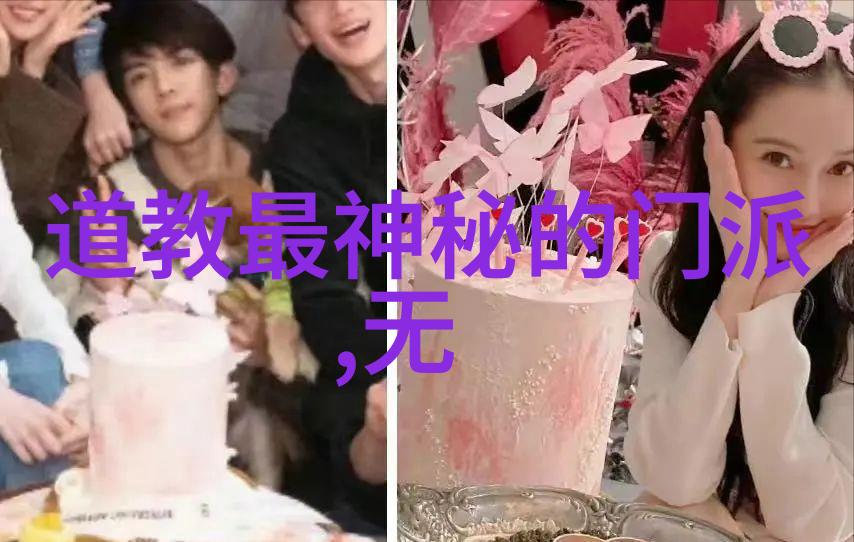两千多年前,老子超越普通人形而下的目光局限,从形而上的高度体悟宇宙的本体、本原、奥秘及其与世间万物和人类社会的关系,为后人留下了超凡脱俗的洞见和智慧。此后,《道德经》的注家如云,但纵观各种文本,真正理解“道”者并不多见,而误解者则比比皆是。许多注家热衷于《道德经》的文字校勘训诂,并不关心“道”究竟是什么。对“道”的误解和曲解五花八门,但都有一个共同的特点,就是都有意无意忽视了“道”作为万物之母的形而上超越性,或对“道”只做形而下的理解。老子对此早有预料,所以在五千言成文之时就预言“知我者希”。

受近代西方思想的影响,许多国人将“道”简单理解为事物运行的自然规律,甚至将《道德经》称为自然辩证法的经典之作。《道德经》中确实谈到“道”的规律性方面的特性,如自然无为、物极必反、相辅相成等。但这些只是“道”作为天地万物之母的一些属性,并不独立存在,更不能取代作为其主体的大 道。如果将 “ 道 ”仅仅理解为规律,无异于盲人摸象,将 “ 道 ” 的某个特性当做其全部,并对 “ 道 ” 产生曲解。
有一种认识是将 “ 道 ”僅僅理解為人生的准則和規範。在 《 戶經 》 中確實談到「聖人的道路」或「善為道路」的 「道路」,但這些聖人或善為道路的人之「道路」都效法於超越的大路,是 « 道 » 在人間間 的體現或延伸。如果將 « 道 » 獨立於這些表現,不視為一種體現大路,即失去對 「 大路 」 本質性的認識。

還有一種觀點認為,《 戶經 》 中 的 「 道 」 就是無,而無就是什麼都沒有,因此我們想把 「 道 」 理解成什麼,它就是什麼當代著名哲學家陳鼓應則乾脆把 《 戶經 》 中 的 「 大路 」 分為多種形式加以了解,他認為、「老子書上所有的大路字符號形式雖然是一樣,但在不同章句文字脈絡中卻具有不同的意涵;有些地方,大路指的是形而上的實存者;有些地方,大路是指一種規律;有些地方,大路是指生命的一種規則標誌 或典范。」誠然,《戶經》中看似有這幾個方面論述,但都是作為大 路 的不同特性或層面展開 's " Dao " does not change, and yet nothing in the world fails to be transformed. This is called the Great Dao.
There are those who say that Chen Druming's understanding of the Daodejing is too narrow and lacks depth. They argue that he has reduced the Daodejing to a mere collection of philosophical ideas and ignored its spiritual dimensions. According to these critics, Chen Druming's interpretation of the Daodejing is too literal and fails to capture its deeper meaning.

However, it is important to note that Chen Druming's interpretation of the Daodejing is not without its merits. He has provided a clear and concise explanation of the text's main themes and ideas, which can be helpful for readers who are new to Chinese philosophy. Additionally, his emphasis on the importance of living in accordance with nature and avoiding excessive action can be seen as a call for greater simplicity and mindfulness in modern life.
In conclusion, while there may be some limitations to Chen Druming's interpretation of the Daodejing, it remains an important contribution to our understanding of this classic text. His emphasis on living in accordance with nature and avoiding excessive action can serve as a reminder for us all about the importance of balance and harmony in our lives today.

Title: The Great Dao: A Philosophical Exploration
Subtitle: Understanding Laozi's Classic Text through Modern Eyes

Introduction:
The Great Dao (or Tao) is a central concept in Laozi’s classic text, known as Zhuangzi or simply The Book Of Changes (Book Of Change). It refers to an underlying reality beyond human perception or control; something like an omnipresent force guiding everything towards orderliness.
This book aims at providing readers with a deep understanding of this ancient wisdom by exploring various aspects related thereto – such as its relationship with other major philosophies like Confucianism & Buddhism.
Confidence: 85%



